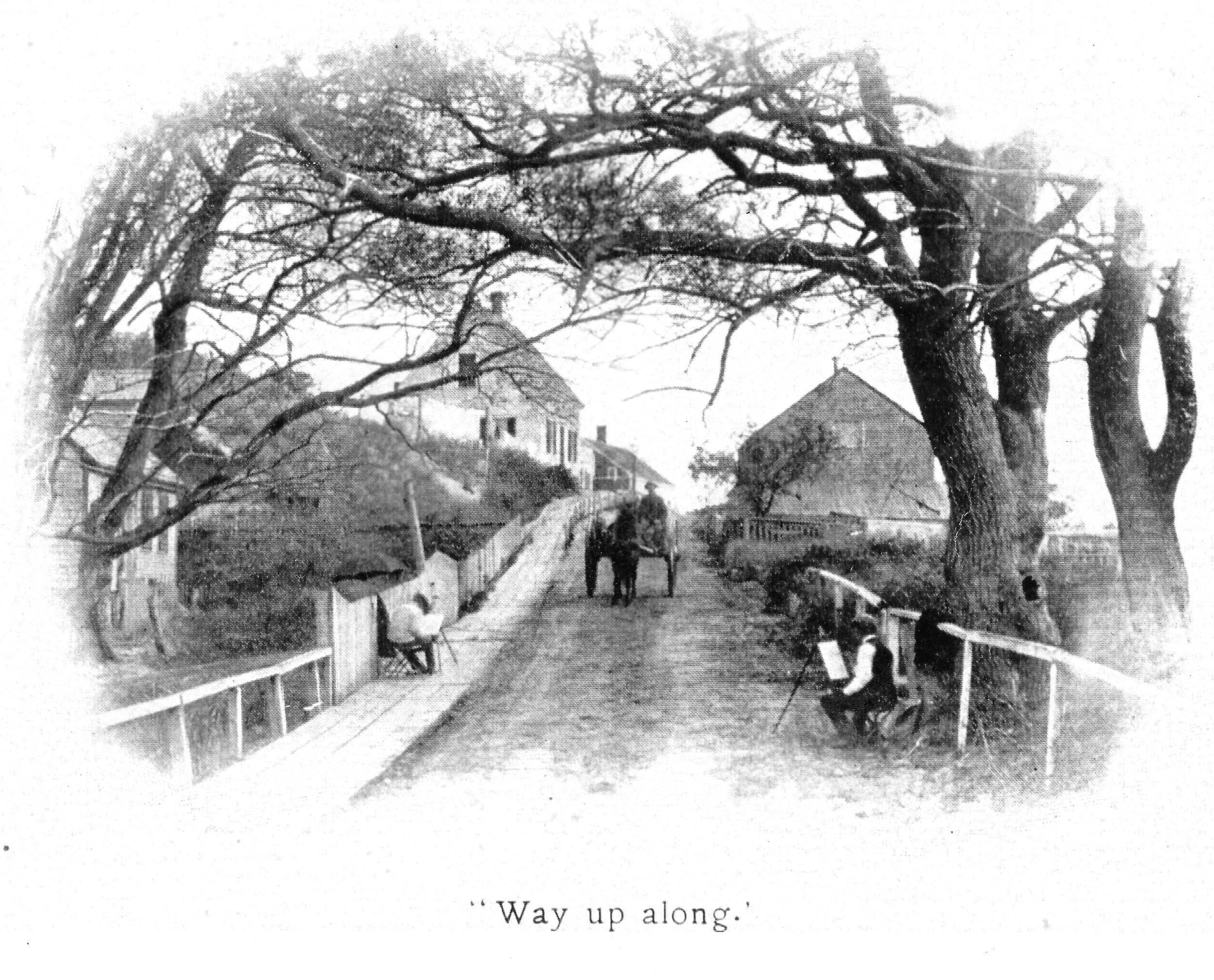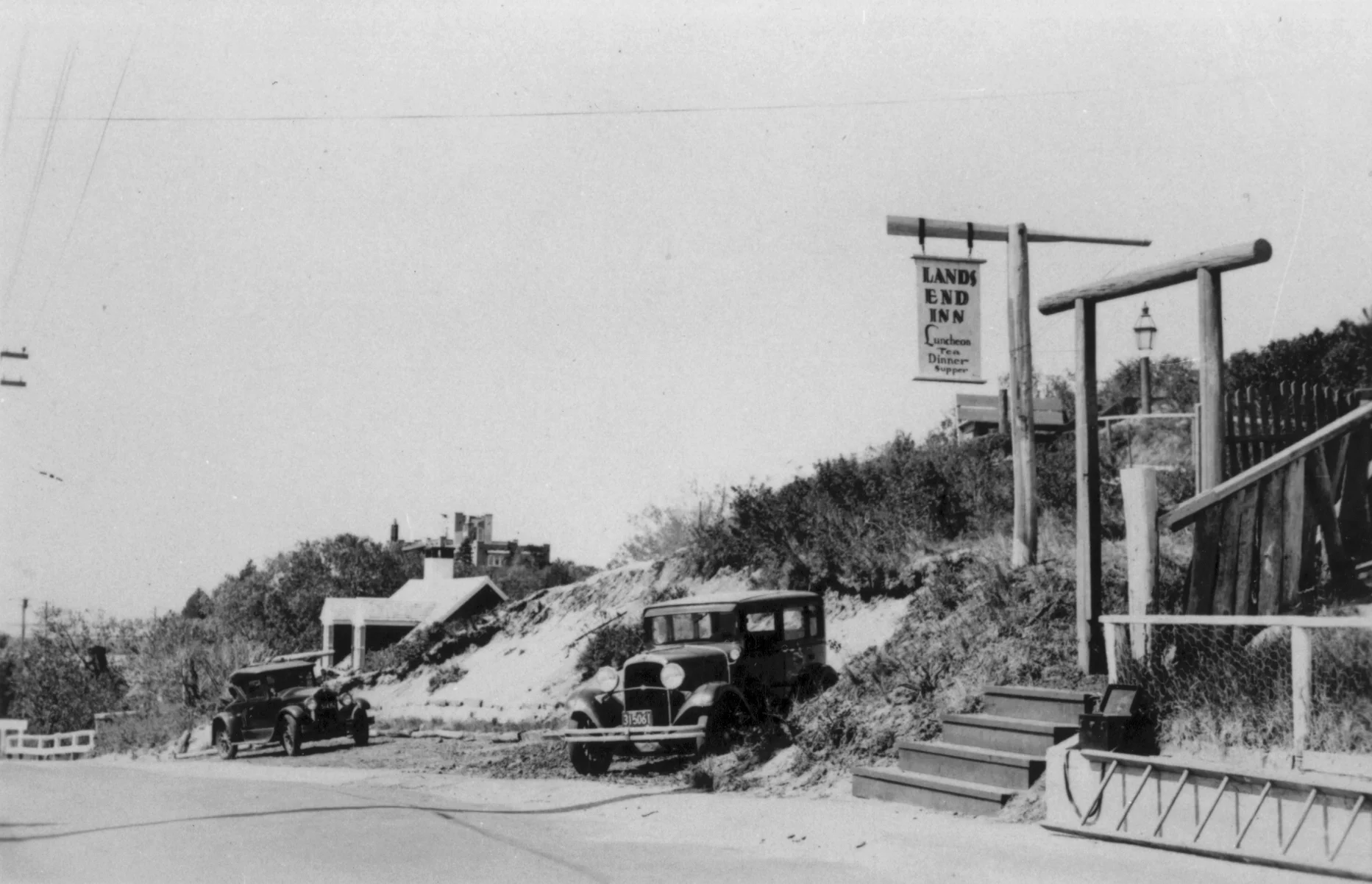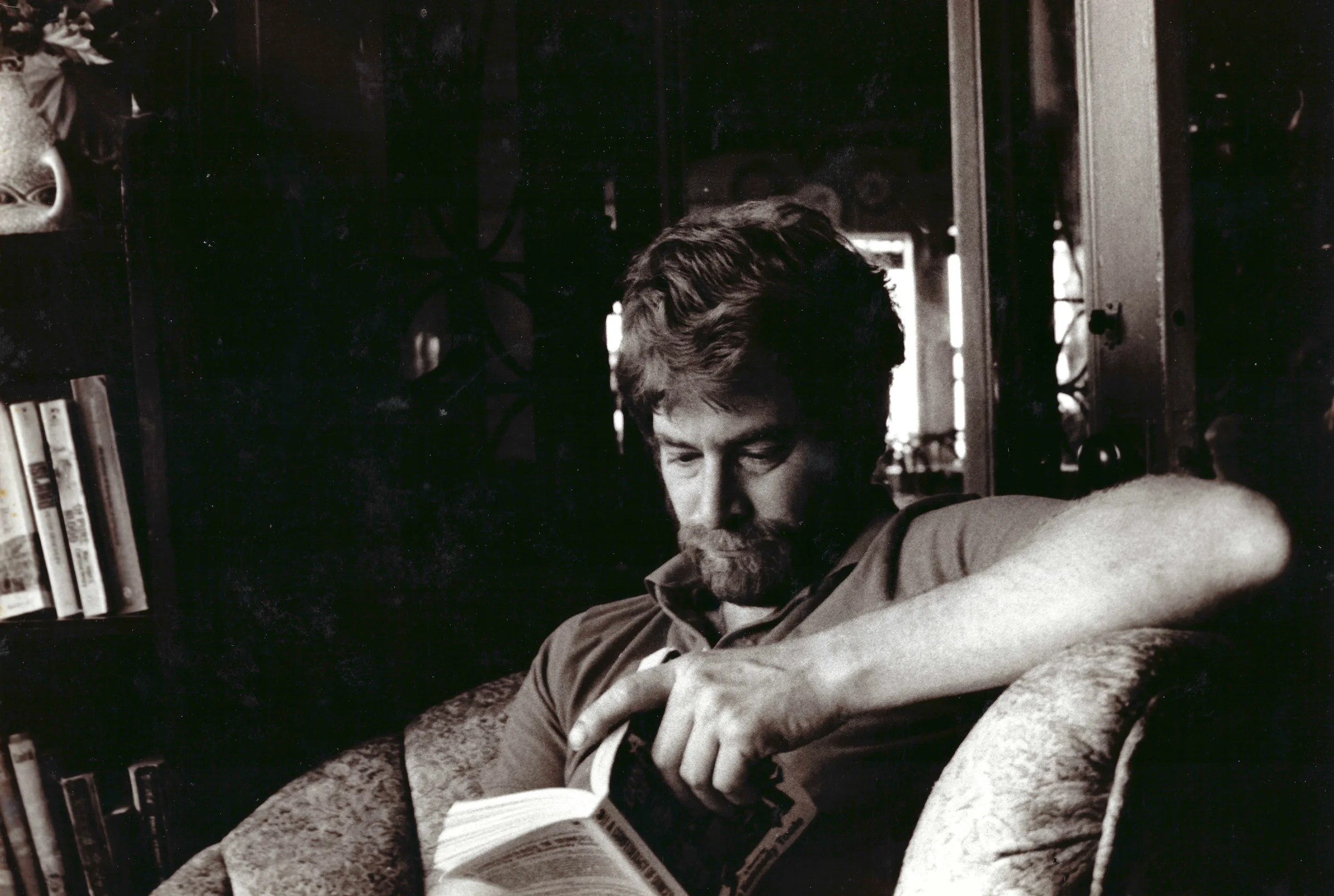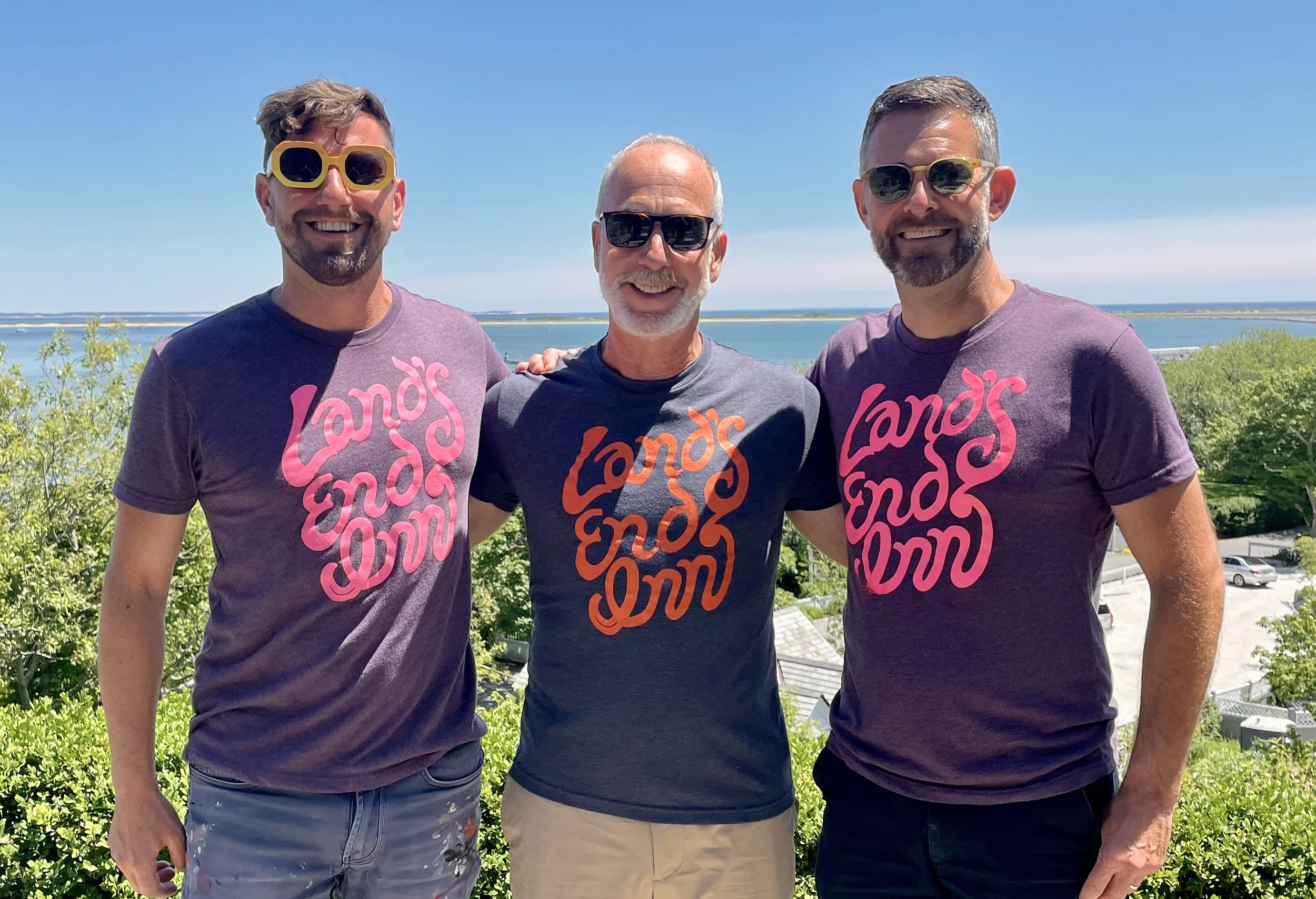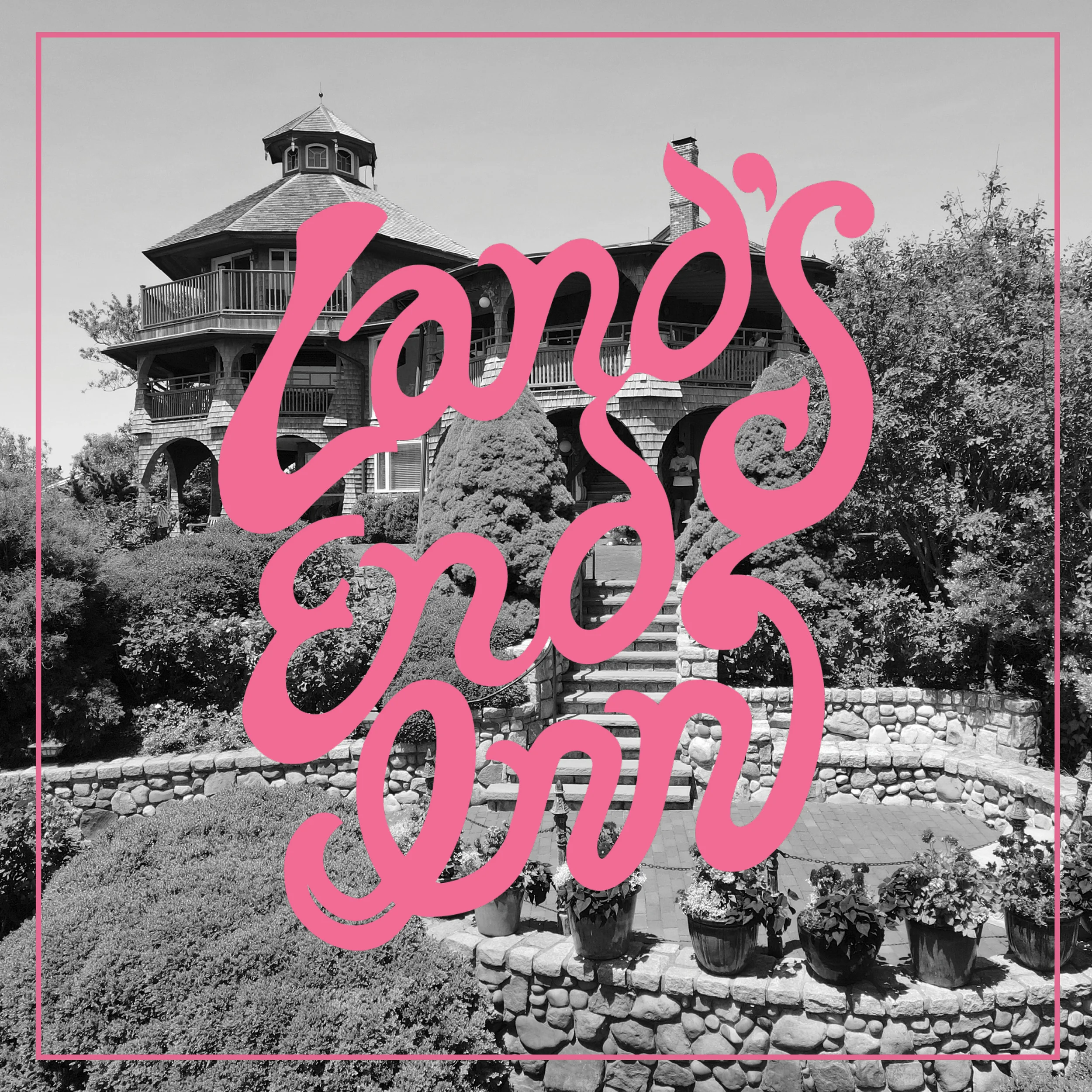Charles Lothrop Higgins was born in Provincetown on April 9, 1863, the son of two very old Cape Cod families. His father, Isaac Henry Higgins, was a descendant of Richard Higgins, one of the first Nauset settlers in 1644. His mother, Harriet Nye White, could trace her ancestry back to Peregrine White, who was the first baby boy born on the Pilgrim ship Mayflower in the harbor of Cape Cod in 1620. Isaac Higgins was a shipbuilder. Soon after the demise of the salt and fish industries in Provincetown, he moved his family to Gloucester, Massachusetts, where Isaac continued his work.
Although Charles was raised in Gloucester, he studied in the West Indies. He was a world traveler and well-known lecturer. He lived in the fashionable sections of Boston's Beacon Hill and Back Bay, drove a Liberty car, and belonged to the city's oldest and most prestigious fraternity, the Masonic Saint John's Lodge. He worked as a haberdasher on Boston's Newbury Street. Never married, he built a summer home at Gull Hill in 1904 and lived there as a "single gentleman." Friend to many in the arts and theater, Charles began the inn's history of supporting Provincetown's arts community.
Charles built a landmark. The site placement he chose was remarkable. Defying convention at the time, he set the residence far back from and high above the road. The tedious climb for all who visited remained until the 1950s, when the owners paved a drive to the backside of the house from Point Street. The architecture was quirky and dramatic. A giant picture window framed commanding views of Provincetown Harbor and beyond, and a playful octagon housed the primary bedchamber and office. Built on stilts to add elevation—an early version of air conditioning—the house had porches that imitated the decks of a ship and afforded views from every side. Inside the house, windows rolled up and down into the woodwork to assist with cross-ventilation. There were two faucets of running water. Artistic finishes by local craftspeople filled the interior with warmth and character. Like so much of the original artisanal work, the stained glass and the art nouveau chandelier that crowned its Great Room in 1904 can still be seen in place, preserved to this day.
